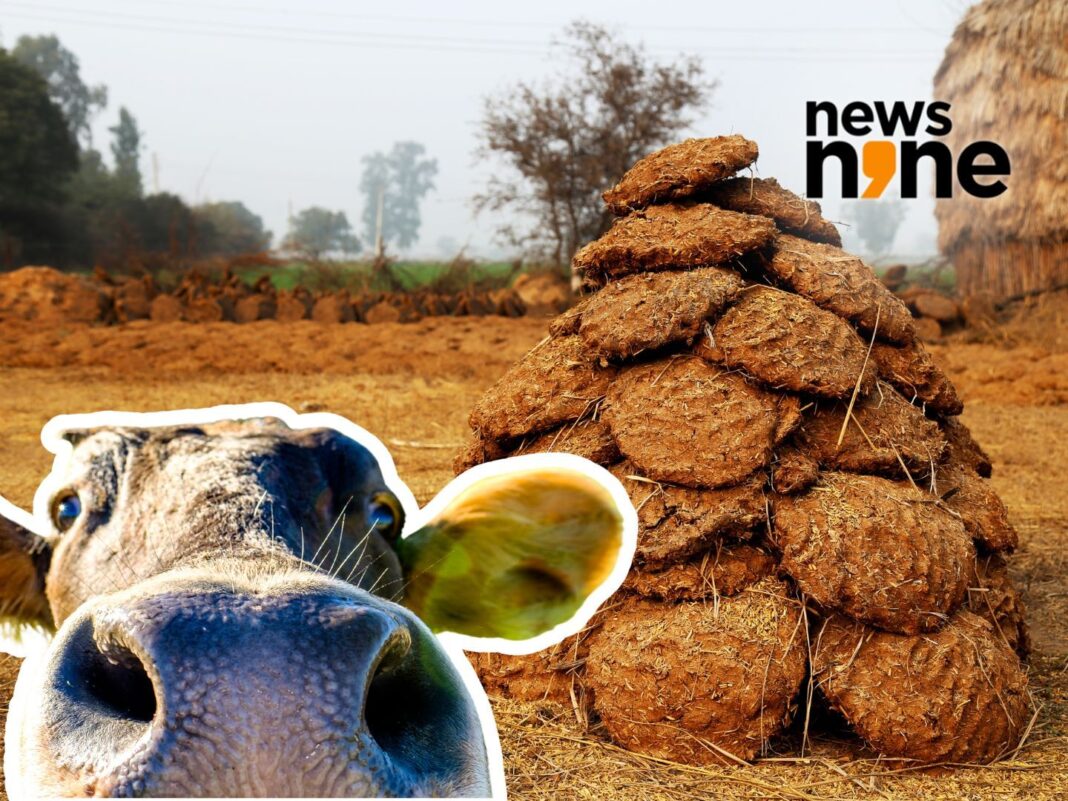In a groundbreaking achievement that has garnered global attention, Japanese engineers at Interstellar Technologies Inc. have successfully conducted a 10-second “static fire test” of their space rocket engine, named ZERO, which is powered by liquid biomethane derived from cow dung. This remarkable feat not only marks a significant advancement in rocket propulsion technology but also addresses environmental concerns associated with traditional rocket fuels.
The video footage of the engine test firing up and emitting a scorching jet of blue flame has left the world awe-inspired. Interstellar Technologies Inc. has ambitious plans for the future, aiming to use this innovative rocket engine to launch satellites into low-Earth orbit.
While the successful ignition of the engine is impressive in its own right, what sets it apart is its unconventional source of fuel. The company utilizes liquid biomethane, a renewable resource, obtained from cow dung sourced from Hokkaido dairy farms. This development opens up new possibilities for sustainable space exploration.
One of the critical issues plaguing space exploration today is the environmental impact of rocket launches. Traditional rockets, like Elon Musk’s SpaceX Falcon 9, rely on fuels such as oxygen and kerosene. These launches have been linked to the emission of black soot into the upper atmosphere, where the particles can linger for years.
This not only contributes to global warming but also poses a threat to the fragile ozone layer. As the space industry continues to expand, the urgency to mitigate the environmental consequences of rocket launches becomes increasingly evident. Our planet is perilously close to a climate tipping point, with escalating carbon emissions exacerbating the global warming crisis.
The utilization of cow dung-derived fuel presents a promising solution to these environmental challenges. Livestock, including cattle, are responsible for over 14 percent of global greenhouse gas emissions, primarily through methane production. By harnessing this waste product to power rockets, we may be taking a significant step toward addressing the environmental toll of space exploration.
The concept of repurposing methane emissions from livestock for rocket propulsion is not only groundbreaking but also intriguing. Some dairy farmers are already using this innovative approach to heat their homes, showcasing the versatility of cow dung as a sustainable resource. Interstellar Technologies Inc.
’s achievement is part of a growing global trend toward more sustainable space travel. As nations and private companies intensify their efforts in space exploration and tourism, the imperative to minimize their carbon footprint becomes undeniable. The use of cow dung-derived fuel is not limited to Japan alone; it has the potential for adoption worldwide.
The reduction of methane emissions from livestock could significantly contribute to mitigating the environmental impact of space missions. The successful test of the ZERO rocket engine powered by cow dung-derived fuel heralds a new era in space exploration—one that prioritizes sustainability and addresses environmental concerns head-on. As Interstellar Technologies Inc.
continues its testing regimen into the month of January, the world eagerly anticipates the potential of this innovative technology. In a statement , the company emphasized its commitment to further testing and refinement of the engine, with an eye toward launching satellites into orbit. This achievement aligns with the broader mission of creating a more sustainable and environmentally responsible approach to space travel.
.
From: news9live
URL: https://www.news9live.com/science/cow-dung-powered-rocket-engine-2381170



